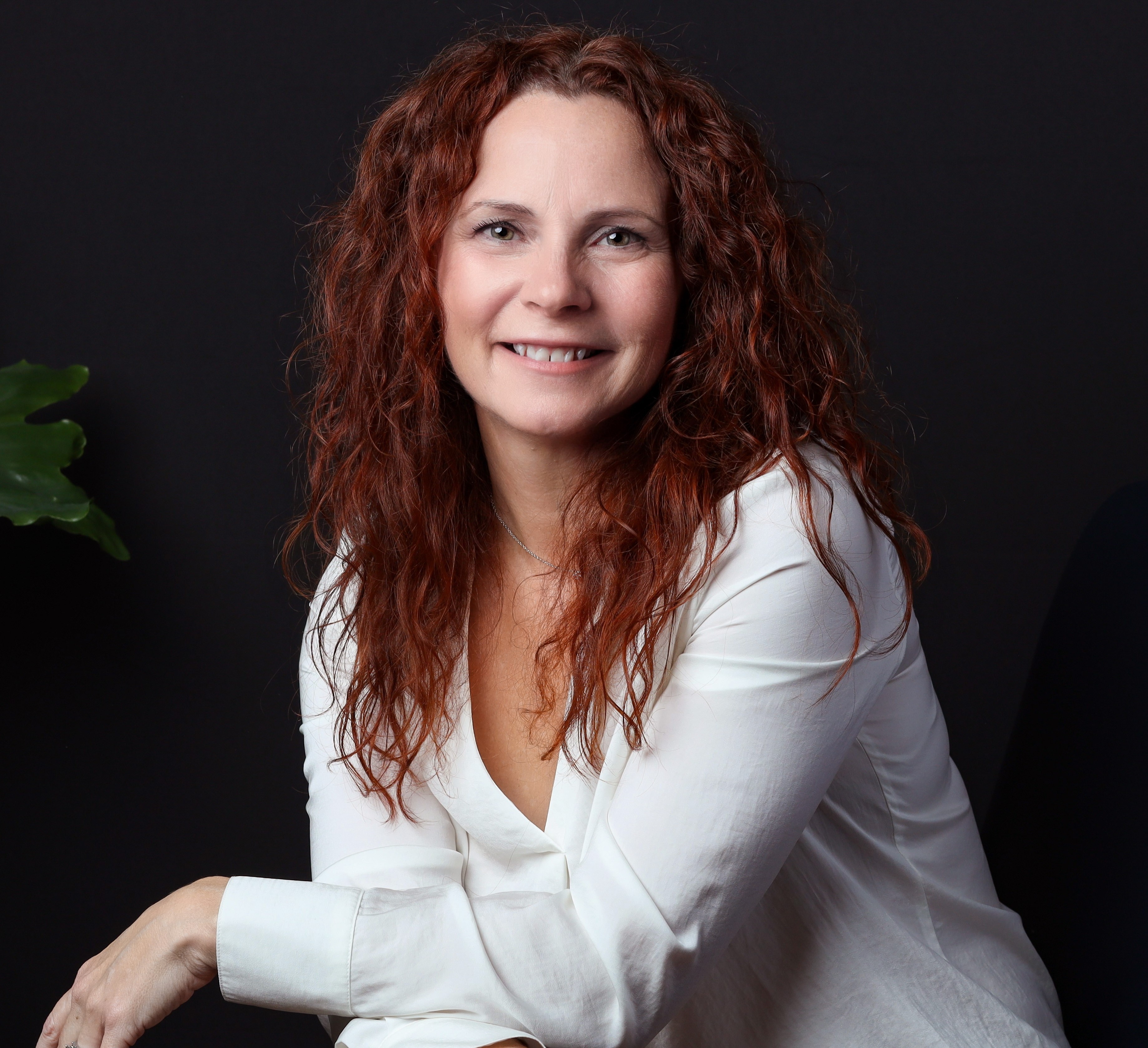Ask yourself these 3 questions to determine whether your want is really selfish.
The Thrive Global Community welcomes voices from many spheres on our open platform. We publish pieces as written by outside contributors with a wide range of opinions, which don’t necessarily reflect our own. Community stories are not commissioned by our editorial team and must meet our guidelines prior to being published.
By
- Dr. Robin Buckley, PhD, Owner, Executive Coach, Couples Coach at Insights Group Psychological & Coaching Services

Society, parents, and organizations want you to believe that focusing on what you want is selfish and that putting others’ goals, choices, and wants before our own is beneficial. It might be beneficial to other people, but it is not advantageous for you. Neglecting our wants for those of other people can create resentment, regret, and a lack of motivation. It can cause us to disconnect from who we really are. Determining if your want is truly selfish, and thus one to reconsider, is an important part of learning to embrace our wants. The things we want can be powerful motivators in our lives.
So how do you ensure that your want isn’t selfish? Here are three questions to ask to determine if your want is selfish:
- Does your want hurt or damage others?
If your want doesn’t hurt or damage others, then it isn’t selfish. If it does, reconsider your want.
But be careful when you answer this question. One of my clients convinced herself that she was hurting her children by working outside of the home. “I kept thinking that it would be better for them to have me pick them up from school instead of taking the bus, that it would give us time to bond, instead of realizing that by taking the bus, they’d learn some independence or hang out with their friends, and that we could make other times to bond. I just locked myself into one belief that held me back all these years.”
2. Does your want ask others to be who they are not?
As Oscar Wilde said, selfishness “is asking others to live as one wishes to live.” If your want requires others to be or to live differently than who they are, reframe your want in terms of just you, as you want to live. If it doesn’t impact others in this way, your want isn’t selfish.
3. Does your want require that others work on the want more than you?
Your want may pull people in who choose to be part of the plan, who believe in the vision, or who benefit from your want. But ultimately, you should be the leader of your want. By orchestrating and working on the want, it stays yours and is not selfish.
An entrepreneur I knew had an idea for a new division of his growing company and when he shared the idea with his leadership team, they were excited. “We all dove in, working longer days to create this new ‘child.’ I was usually the first one in and the last to go, but it seemed like my excitement for this idea was contagious.”
But then the owner came up with another idea, and started pursuing it. My acquaintance and his team were left to work on their own, with little involvement from the owner. The team began to feel resentment towards the owner, and in quick order, the new division floundered. “I think that when I wasn’t invested, my team stopped being invested.”
If you see that your want is requiring others to be working longer or harder than you, consider how to reconnect with your want, or reevaluate whether your want is truly a want anymore.
By using a step-by-step analysis of your wants, you can fight the tendency to discount them as selfish simply because they are wants. You can then use your wants as a motivating force to generate the energy and focus needed to accomplish your professional and personal goals. You can create the life you dream about and allow yourself to live authentically.

Dr. Robin Buckley, PhD, Owner, Executive Coach, Couples Coach at Insights Group Psychological & Coaching Services
Dr. Robin Buckley, CPC, helps high-achieving women thrive in their careers and relationships. She is an author, public speaker, and cognitive-behavioral coach who works with executive women and high-performance couples. Her proprietary coaching model uses a business framework and cognitive-behavioral strategies to support women in creating and executing concrete, logical plans for developing their careers and relationships. The founder of Insights Group Psychological & Coaching Services, Dr. Buckley has a Ph.D. in clinical psychology and served as a doctoral professor and dissertation chair for students in business, leadership, education, and healthcare. She has published two books, including Voices From the Village: Advice for Girls on the Verge of Adulthood. She has been featured as an expert on multiple media platforms, including the Authority Magazine, various podcasts, News Radio 96.7, and is a columnist for Entrepreneur.
Share your comments below. Please read our commenting guidelines before posting. If you have a concern about a comment, report it here.








